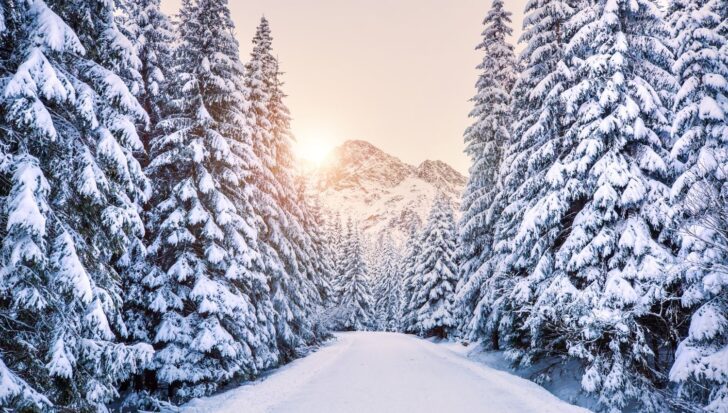For many, winter is the most magical season of the year. And it’s not just because of holidays like Christmas and New Year’s, although that certainly adds to the charm.
There’s something about how snow-covered fields and trees look straight out of a fairytale. Or maybe it’s the comfort food and warm drinks.
Plus, the air feels cleaner and fresher each morning.
Whether you love or hate the season, you should hang around. These cool winter facts will blow your mind.
Heart attacks are more common during winter.

More heart attacks happen in December than any other time of the year, and scientists blame the cold.
Lower temperatures cause the blood vessels supplying the heart to constrict, increasing your chances of a heart attack.
But it’s not just the cold that strains the heart. Strenuous activities, like shoveling snow or running around for the holidays, also increase the risk of a heart attack.
Portable heaters are a leading cause of winter house fires.
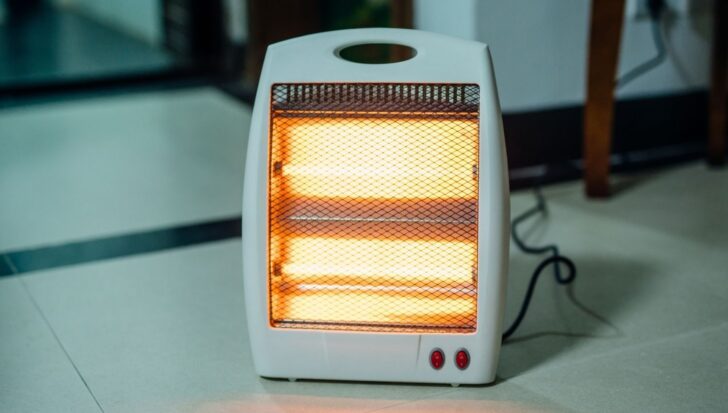
Space heaters cause about one-third of all house fires during winter.
So, while they are indeed a huge lifesaver when the cold gets unbearable, portable heaters can be dangerous if not used properly.
A common reason for space heater fires is knocking them over. Placing your heater too close to flammable items or electrical faults in the device can also cause house fires.
Viral illnesses are more common during winter.
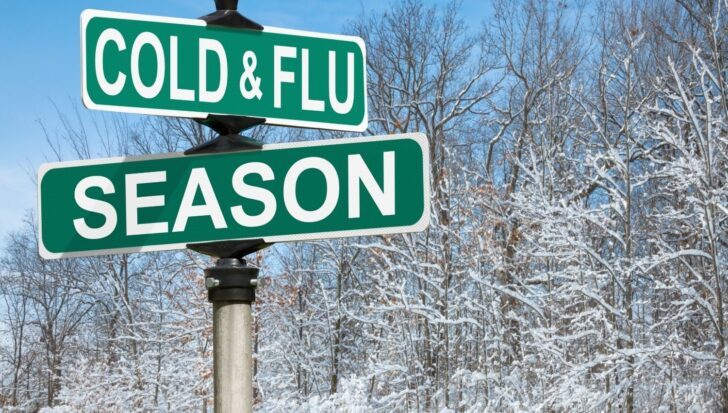
Once the cold months come by, it seems almost everyone is down with the sniffles. And it’s not just your imagination.
Scientists explain that the cold dries out your nose, making you vulnerable to respiratory infections.
Also, since everyone is spending more time indoors, it’s easier for these germs to spread.
Women are four times more likely to have seasonal depression during winter.

Many people feel a little sad during these cold months. But beyond the simple winter blues, about 5% of Americans suffer from a debilitating type of depression called seasonal affective disorder.
This condition is also called winter depression and affects more women each year.
According to health experts, shorter days might be responsible. Fewer daylight hours mess with your body’s internal clock, which throws off normal brain chemistry.
Winter on Neptune lasts for four decades.

Winter on Neptune makes Earth’s cold season look like child’s play. This planet is the eighth in our solar system and the farthest away from the sun.
Since it’s so far away, it takes 165 years to complete a single revolution. So each season here, like winter, lasts about 40 years.
The US is the largest user of salt for deicing roads in winter.
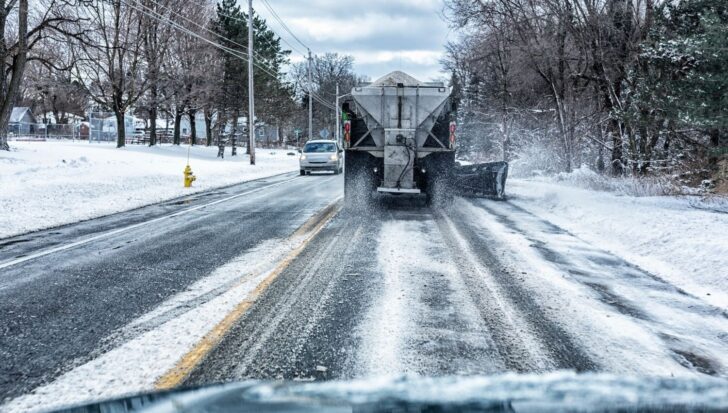
Every winter, about 60 million tons of salt is used to keep ice off the roads around the world. This helps to make the roads less slippery and safer to drive on.
But the US alone contributes a huge chunk of that figure, over 20 million tons, to be exact.
As much as we benefit from deicing the roads with salt, it’s terrible for the environment. The salt seeps into surrounding water and soil, harming plants and animals.
Worker productivity nosedives during winter.

About two-thirds of workers in the UK admit they feel less productive during winter. Once the cold comes in, it’s hard to stay motivated and productive.
The shorter days feel like you have less time to get things done. On top of that, the cold doesn’t make it easier to stay cheerful while working.
And, if you catch the flu or other winter bugs, laying in bed all day gets more tempting than powering through work!
Winter is shrinking.

Believe it or not, while it may feel like winter drags on forever, it’s actually getting shorter!
In the 1950s, winter lasted an average of 76 days in the Northern Hemisphere, but by 2011, scientists observed it was down to 73. This is all thanks to climate change.
But it’s not just the cold season that’s changing. Summer is getting longer, too. Unfortunately, this trend will continue and could have huge negative consequences on our planet.
The shortest day of the year occurs during winter.
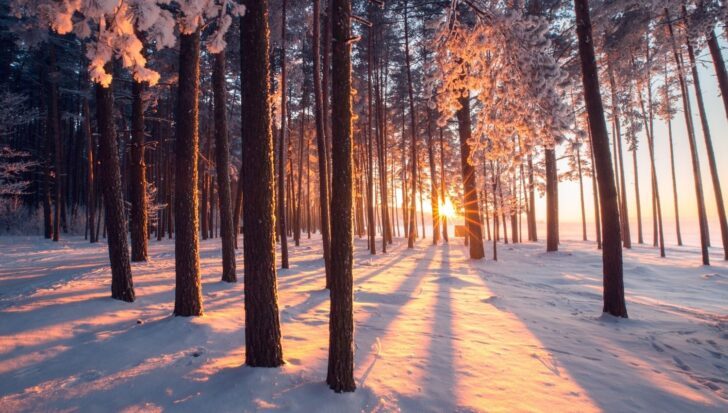
You might have noticed that during winter, daylight shortens and nighttime lengthens. This happens because the earth tilts on its axis.
During the winter solstice, the planet receives the least amount of sunlight, making it the shortest day of the year.
The solstice occurs at different times for the two halves of the planet. In the northern hemisphere, it happens in December, while the southern hemisphere has it in June.
Winter is the second-largest spending season.

With so many holidays this season, people tend to spend more money than they’d like. However, not all the money goes towards buying Christmas trees, treats, and gifts.
People also spend money on keeping themselves cozy over winter. This means paying for heating, getting warmer clothes, and fortifying the house against the cold.
Add all that up, and before you know it, you’re over budget!
The Winter Olympic Games began 100 years ago.

The first Winter Olympic Games were held in Chamonix, France, in 1924. It started as just a small event, with only 250 athletes from 16 countries participating in 16 games.
Since then, the games have grown to accommodate thousands of participants across over a hundred sports.
The Winter Olympics occur every four years, precisely two years after the Summer Olympics.
The games have been held consistently since they started, except in 1940 and 1944, when they were canceled because of the Second World War.
Winter is the cheapest season to buy a house.
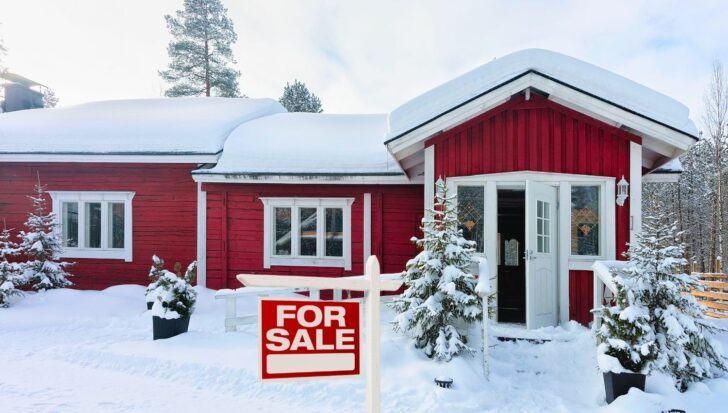
Not many people buy homes during winter, but that’s exactly why it’s the best time to go house shopping.
Since there are fewer buyers, sellers are more likely to negotiate the price, so you can get it for less.
However, there is a downside to buying houses in the winter. There are fewer homes on the market this season, so you might be limited in choice.
Plus, with everywhere covered in snow, it might be tough to get a good look at the home’s exterior. But for a reasonable price, it might be worth the risk.
Trees sometimes explode from the winter cold.
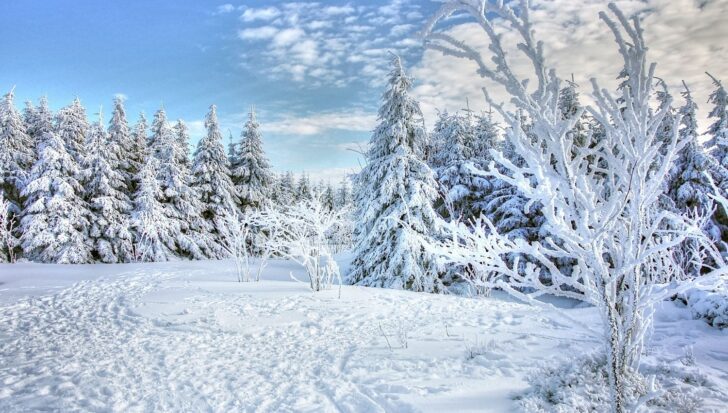
If temperatures drop below freezing too quickly, trees might not have enough time to adjust. This rapid temperature drop freezes the tree sap.
But as we know, water expands when it freezes. The expanding sap creates intense pressure in the tree trunk, causing an explosive pop sound as the tree’s bark splits.
Cars use more gas during winter.
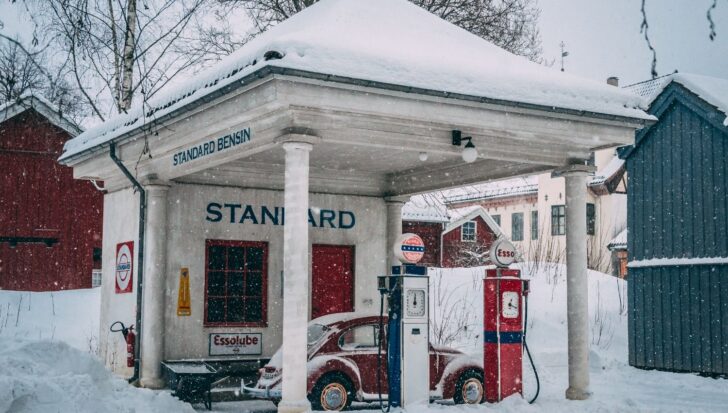
And it’s not just down to one reason, either! For starters, winter fuel in colder climates contains more additives to help it burn faster, so your car starts more quickly in the cold.
But that’s not all. Factors like lubricants becoming thicker from the cold and slippery roads make your car work harder to move forward. The cold air also creates more resistance to movement.
Finally, using car features that require more power, like window defrosters, car seat warmers, and heaters, causes your car to consume more gas.
You’re hungrier during winter.
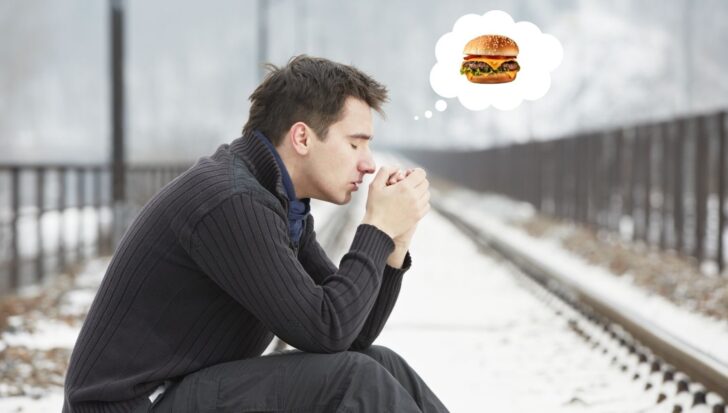
Do you feel like you need to eat more during winter? Well, it’s completely normal and is more common than you might think!
During colder months, your body works harder to keep warm, especially if you’re exposed to the cold, which can increase your appetite.
But even if you spend most of your time indoors in heated spaces, factors like shorter daylight hours and the desire for comfort foods can also make you hungrier.
Winter is a season you can either love or hate; there’s no in-between. But even if you’re not a fan, you can’t deny that it is indeed beautiful.
Despite the brutal cold, nature finds ways to cope. Animals, plants, and humans adapt by sometimes using unexpected resources, like snow, to survive.
But no matter how much you love winter, you don’t want to endure it for 40 years straight, like on Neptune. After a few decades, even the most magical winter wonderland would surely lose its charm!

